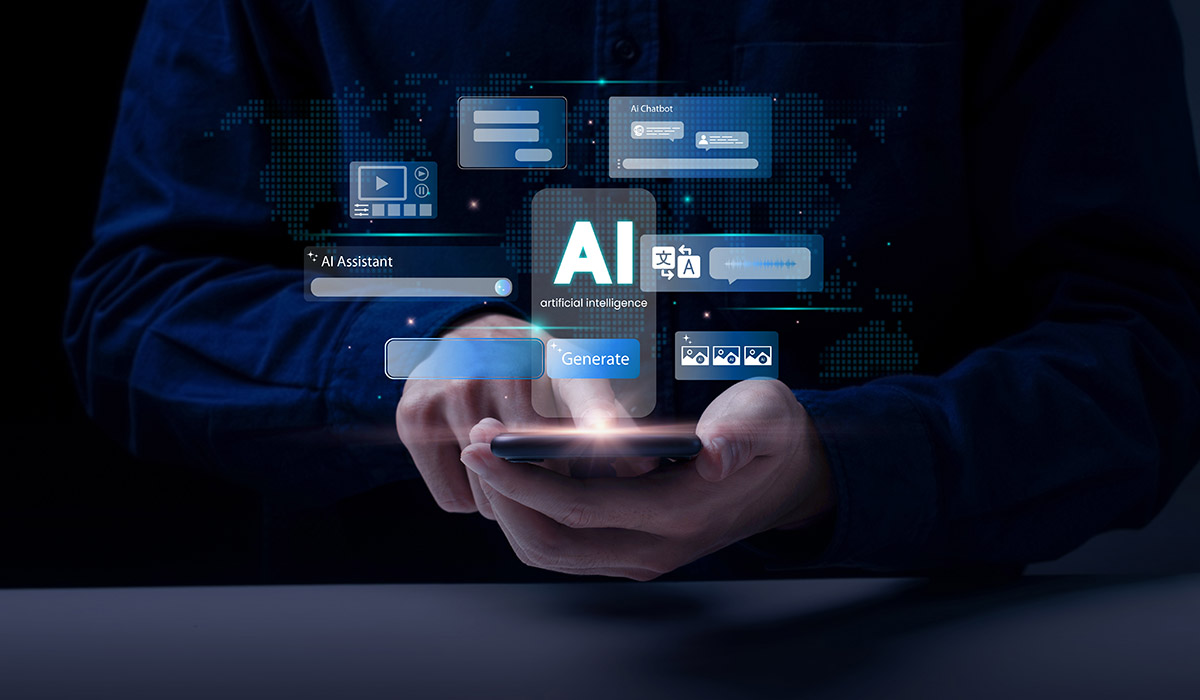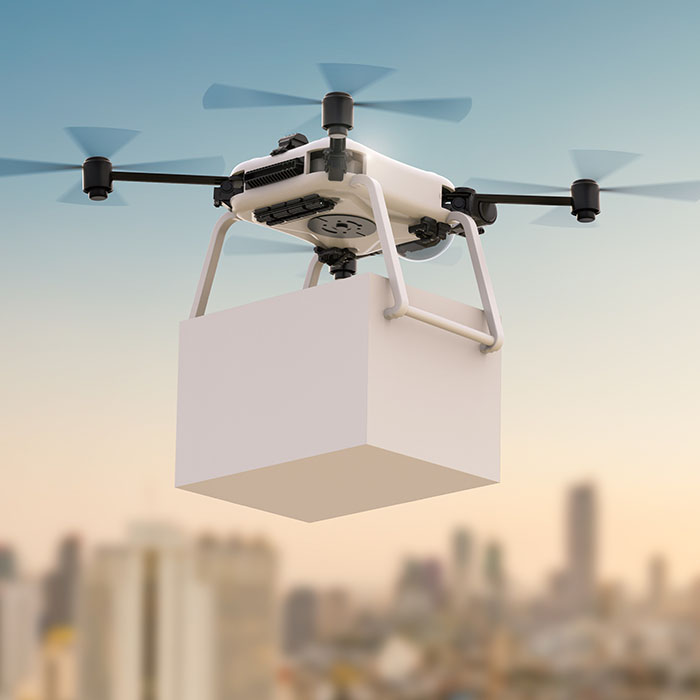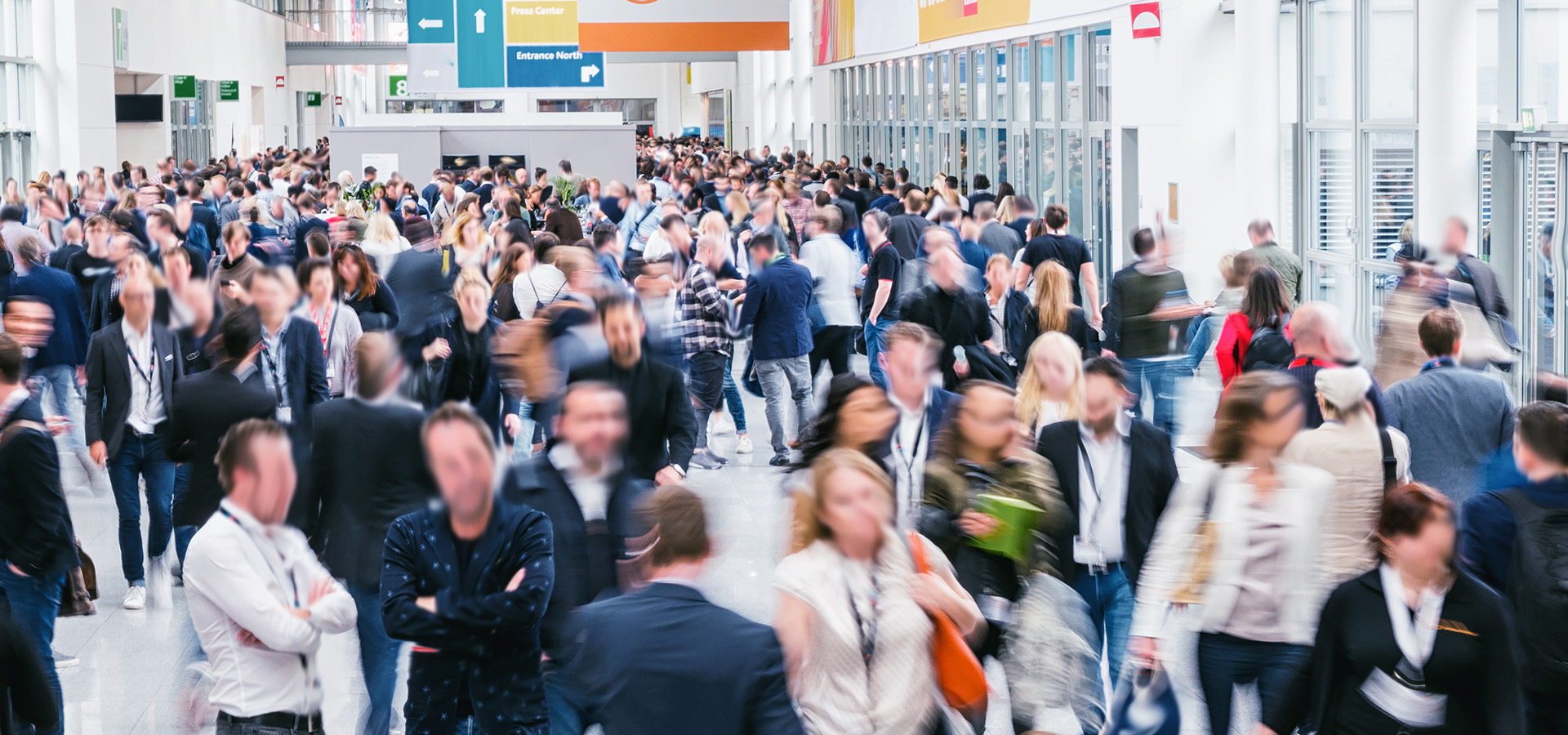November 19, 2024
Microsoft has Set up a Generative AI and Robotics Research Center in Japan

On November 18, Microsoft revealed that it had opened its inaugural research hub in Japan. The initiative aims to boost productivity and foster new business opportunities by integrating artificial intelligence (AI) with robotics and automotive technologies, areas where Japanese firms excel. Additionally, the company seeks to reform the AI research framework beyond the United States—primarily focusing on China—to better position itself amid the escalating tensions between the U.S. and China by diversifying its research centers.
Japanese industry has consistently prioritized exceptional craftsmanship. It is crucial that the human resources engaged in advanced AI research embody this same sensibility. At an event in Tokyo on the 18th, Microsoft’s chief technical officer (CTO), Kevin Scott, underscored the importance of launching the Japan hub.
Microsoft has teamed up with OpenAI, the US firm behind the conversational AI "Chat GPT," to deploy generative AI services globally. The Japanese branch aims to enhance its collaboration with Kawasaki Heavy Industries, Honda, and Nissan Motor. Its unique approach emphasizes partnerships with hardware companies instead of those in the software industry.
Beyond investing in data centers, establishing a research and development hub in Japan is also shaped by shifts in the geopolitical landscape, which must not be ignored.
In 1998, Microsoft launched Microsoft Research Asia (MSRA) in Beijing, shifting its focus to global research and development beyond Europe and the United States. The Human Resources division, which has since distanced itself from MSRA, has branched out to startups and other organizations, now spearheading AI development in China.
Microsoft faces a challenging dilemma in dealing with the US government, as it cannot permit scenarios that favor the Chinese government, which seeks to establish itself as a leading AI nation. Western media has highlighted that the company intends to relocate some of its Chinese researchers to a research institute it set up in Vancouver, Canada, in 2023.
Should Republican Mr. Trump regain the US presidency in January 2025, US policy towards China is anticipated to intensify further. Beyond the automotive and battery supply chains, there will likely be a rapid shift away from China in the research and development sector too.








